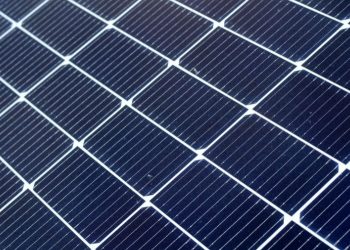Idaho Power has filed a new application with the Idaho Public Utilities Commission (PUC) to significantly decrease the compensation rooftop solar owners receive for the excess electricity they send to the grid. Known as Export Credit Rates (ECRs), these payments are the financial backbone of home solar investments. Under the proposed changes, ECRs could drop by more than 60% — making solar far less viable just as utility rates continue to rise.
Idaho Power’s latest proposal to the Public Utilities Commission would drop compensation for solar exports from 6.18¢/kWh — a rate that only took effect in January 2024 — to an average of 2.46¢/kWh annually. That’s a 72% reduction from the previous standard rate of 8.8¢/kWh, which had been in place for over a decade.
If approved, these new rates would take effect June 1, right as Idaho enters peak solar season. From October through May, Idaho Power wants to pay solar owners less than 1¢/kWh — an 80% decrease — even as it charges customers at least 8¢/kWh for the very same electricity.
This is all part of the utility’s new “Net Billing” program, which the PUC approved in December 2023. The program allows ECRs to be recalculated every year, leaving prospective solar customers in the dark about their return on investment. That financial uncertainty is a major barrier to adoption.
Idaho Power is basing its calculations on its own internal 2022 “Value of Distributed Energy Resources Study.” The Idaho Conservation League (ICL) and other organizations hired an independent expert to review this study and found that Idaho Power is significantly undervaluing rooftop solar by cherry-picking data and using flawed methodologies.
As Idaho Power tries to pay solar owners less, it’s also increasing fixed charges on all customers. As of January 2025, Idahoans will pay a $15 monthly flat fee — triple what it was just a few years ago. These fixed fees disproportionately harm lower-income households and remove incentives to save energy.
Right now, the Idaho Public Utilities Commission is accepting public comments on this proposal (reference case #IPC-E-25-15). The Commission is expected to make a decision by May.
News item from the Idaho Conservation League


















